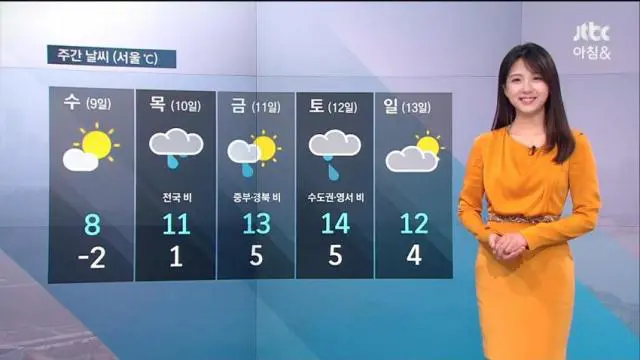While Monday marked one of the deadliest mass shootings at a military installation in U.S. history, the tragedy is unlikely to re-ignite a major push for gun control, experts said.
As authorities continue to piece together information, media reports said that suspected gunman Aaron Alexis, 34, allegedly killed 12 people and wounded eight others in a shooting rampage at the Navy Yard in Washington D.C. Monday.
But U.S. experts said the horrific event is unlikely to move the needle on U.S. gun legislation, or even spark another major debate in Congress.
"I don't think the Navy Yard shootings will spark another debate on gun control,"Darrell West, a senior fellow at the Brookings Institution, told Xinhua. "The Senate doesn't have the votes to pass even watered-down legislation. Democrats from rural states fear a political backlash and are not supportive of putting that back on the legislative docket."
Support for firearms is strong in rural areas, making it difficult for Democratic leaders in Washington to muster support among rank-and-file party members who represent rural constituencies.
Though outspoken gun control advocate Senator Dianne Feinstein said Monday that Congress is "shirking its responsibility" on gun control, any new gun legislation is unlikely to gain any traction, experts said.
The gun control debate was a hot-button issue in the 1990s, but faded from public discourse after the expiration of a ten-year ban on assault weapons in 2004.While there have been several mass shootings in recent years, most elicited a short-lived public response and soon faded from the public radar.
The debate re-ignited last December after the brutal shooting rampage at Sandy Hook Elementary School in the U.S. state of Connecticut that ended in the deaths of 20 children, aged six to seven.
But the debate hit a wall in April. In a major defeat for gun control advocates, the Senate rejected a bill calling for expanded background checks for those purchasing firearms.
"Americans are desensitized to gun violence and this makes it difficult for political leaders to take action in this area," West said.
Gun control proponents have called for tighter background checks, arguing that such legislation would reduce the number of gun deaths nationwide. Some have also called for the ban of certain high capacity weapons and magazines, which they contend allow mass shooters to maximize the number of victims.
Gun owners have long made the argument that too much gun legislation deprives law-abiding citizens of the ability to defend themselves against robberies, home invasions, rape, murder and a host of other crimes.
Some gun rights advocates also argue that mass killings tend to occur in places where guns are banned, such as movie theaters and shopping malls, giving mass shooters free rein to kill at will without fear of getting shot themselves.
Despite strict regulations in places like Washington D.C., the city is a hotbed of gun violence. That is because criminals tend to buy guns illegally, they argue.
 简体中文
简体中文

